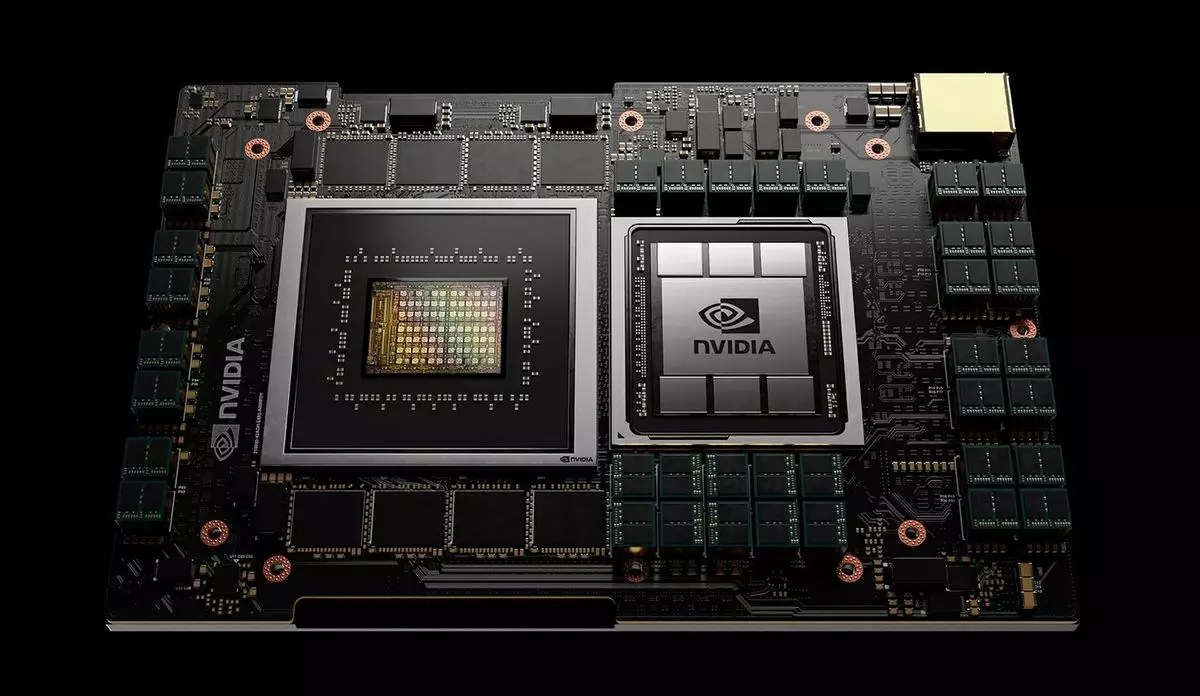Recently, Arm’s CEO Rene Haas hinted at the possibility of multiple suppliers entering the market to offer Arm-based chips tailored specifically for PCs. This has sparked curiosity and interest in the tech world about what’s to come in the next few years. While Qualcomm’s Snapdragon X Elite chip has been making waves, the potential entry of Nvidia into the Arm CPU market could be a game-changer.
Advantages of Arm Chips
Haas mentioned the superior performance and efficiency of Arm chips compared to traditional x86 CPUs. With better battery life and the ability to build high-performance machines without the need for a fan, Arm CPUs have clear advantages. However, the main hurdle has been the lack of software support for Arm chips, which has limited their adoption in the PC market.
Despite the promising outlook, there are still challenges to overcome. The transition from x86 to Arm architecture has been slow, with Arm chips accounting for just 1% of the PC market. The key test for Arm CPUs will be how well they handle legacy x86 code, especially in applications like gaming where performance and compatibility are crucial.
Qualcomm’s Snapdragon X Elite chip has generated a lot of buzz with its 12-core design and claims of superior performance. However, the real test will be how it handles legacy x86 code and whether it can deliver a smooth user experience. While Qualcomm has shown promising results with emulated x86 games running on the X Elite silicon, the true impact remains to be seen.
Nvidia’s Potential Entry
Nvidia, a leading player in the GPU market, has been eyeing the Arm CPU space as an opportunity for growth. With limited options for acquiring an x86 license, Nvidia sees Arm CPUs as a strategic move. The possibility of Nvidia entering the Arm CPU market could be a game-changer, especially in terms of optimizing PC games for Arm architecture.
While the future of Arm-based PCs looks promising, there are still challenges to overcome. The transition from x86 to Arm architecture will take time, and software compatibility remains a key hurdle. However, the entry of new players like Nvidia could accelerate the adoption of Arm chips in PCs and pave the way for a new era of computing. As technology continues to evolve, the potential for Arm-based gaming rigs and high-performance laptops is within reach. If Nvidia succeeds in breaking into the Arm CPU market, it could revolutionize the PC industry and set a new standard for performance and efficiency. The future of Arm-based PCs is bright, with exciting possibilities on the horizon.


Leave a Reply